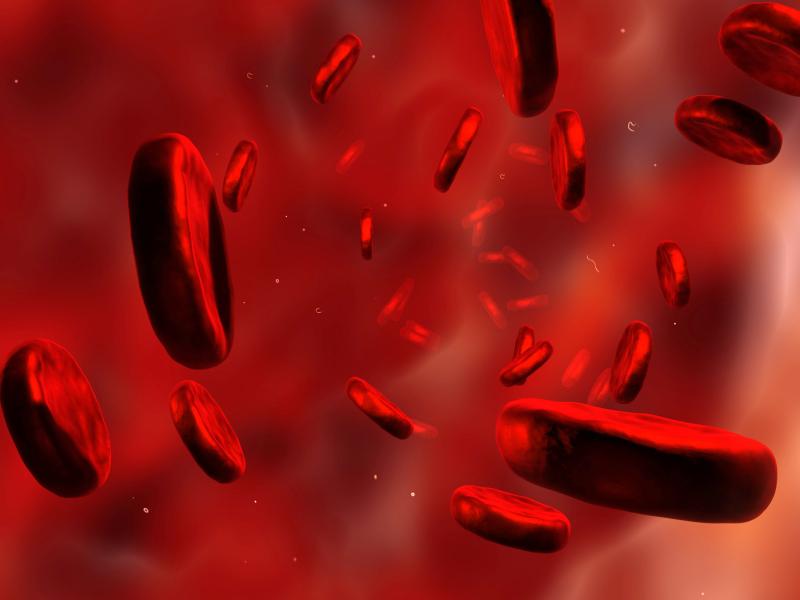
Anaemia as a complication of chronic kidney disease (CKD) is seen to adversely affect quality of life (QoL), according to the results of a survey involving Chinese patients, which were presented at the recent American Society of Nephrology (ASN) Kidney Week 2019 in Washington, DC, in the US.
“Although patient knowledge of anaemia was varied, perceptions of its management were generally positive,” the researchers noted.
This quantitative, online survey was administered to 500 Chinese patient volunteers aged ≥18 years with self-reported CKD with or without anaemia in August–September 2018. Those with cancer were excluded. The researchers recruited participants through online communities, patient associations, online support groups and direct patient referrals.
The 27-item survey explored the following factors: patient knowledge of anaemia, its management, impact on QoL, information sources for the condition and effects on the healthcare practitioner–patient relationship. The researchers aggregated and anonymized the data collected from the survey to protect patient confidentiality.
A total of 456 patients (mean age, 41.0 years; 44 percent female) had valid data, of whom 23 percent reported receiving a CKD diagnosis stage 3–5, while the remaining 77 percent had CKD stage 1 or 2 or did not know the stage. [ASN 2019, abstract SA-PO233]
Of the participants, 32 percent (n=148) reported having anaemia, while 73 percent were not aware of their haemoglobin level or had not undergone a blood test in the previous year. Among those who were told that they had anaemia, 86 percent reported feeling ill, 75 percent had lack of energy, 72 percent experienced nausea, 69 percent felt pain, and 61 percent suffered from sadness and/or depression.
These patients perceived a negative impact of CKD anaemia on QoL. Specifically, 66 percent reported having less energy; 54 percent experienced more sadness/depression; 50 percent felt they were more ill; 37 percent worried more that their condition was getting worse; and 29 percent conveyed that they had less ability to work.
Eighty-seven percent were aware of the association between CKD and anaemia, and 71 percent believed that their condition was well or very well managed. In particular, 64 percent reported taking iron supplements; 69 percent had received dietary advice; 26 percent received erythropoiesis-stimulating agents; and 31 percent had received blood transfusions.
“There are opportunities for improving patient education on the association between CKD and anaemia, improving haemoglobin testing and monitoring, and increasing use of treatments to avoid blood transfusions,” the researchers said.
These findings are consistent with those of a cross-sectional survey conducted across Europe, in which CKD patients with anaemia had a lower health-related QoL as compared with those without anaemia. [BMC Nephrol 2016;doi:10.1186/s12882-016-0312-9]
A common complication of CKD, anaemia may lead to a reduction in patients’ QoL and may require treatment, according to the researchers.